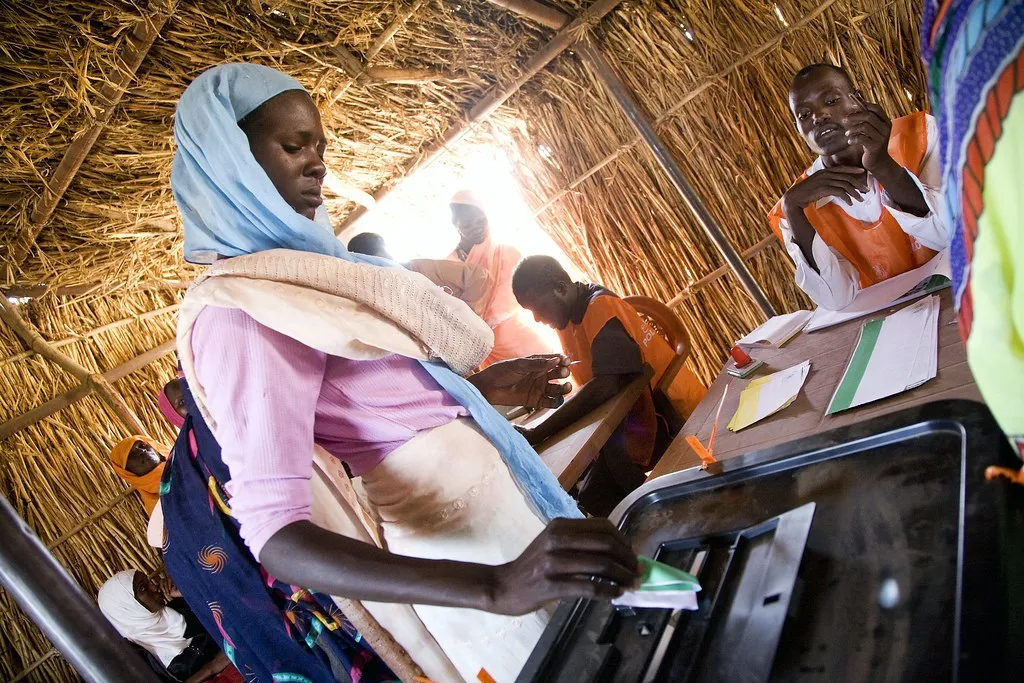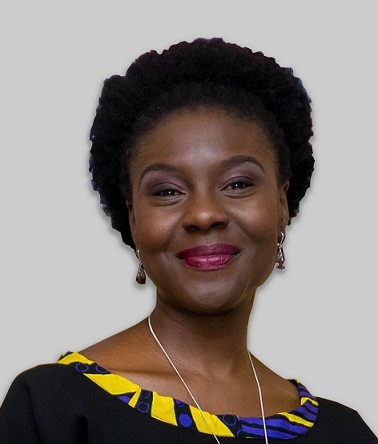A case for continued election observation in Africa

The core value of election observation lies in the recommendations offered in observer reports, which serve as the basis for post-election reforms and long-term strengthening of democracy. Observers also contribute by building confidence in democratic practices and in deterring irregularities, particularly in transition and post-conflict contexts. However recent court annulments of presidential elections in Kenya (2017) and Malawi (2019), that were initially deemed satisfactory by international and citizen observer groups, have led to questions about the credibility and relevance of their assessments.
Disclaimer: Views expressed in this commentary are those of the author. This commentary is independent of specific national or political interests. Views expressed do not necessarily represent the institutional position of International IDEA, its Board of Advisers or its Council of Member States.
A recent academic paper by Khabele Matlosa, described international election observation as ‘wounded’ and noted that the Covid-19 pandemic has added salt to this wound. Pandemic restrictions have prevented international groups from fully observing critical elections on the continent in the past year. As the electoral landscape in Africa continues to evolve, technical and political developments over the past decade, coupled with the new reality of the Covid-19 pandemic, call for a shift in the focus and practices of election observation.
Are observers still relevant within the rapidly evolving electoral context in Africa?
Observers are still needed within the African context, but election observation has reached an inflection point where its relevance and credibility are dependent on a review of the methodological approach used and enhanced collaboration between domestic, regional and international actors.
Over the past two decades, elections have become the accepted means of ascendance to power in most African countries. Many of which welcome observers deployed by African intergovernmental bodies (IGBs) such as the African Union (AU) and African regional economic communities; non-African IGBs like the European Union, the Commonwealth, and the International Organisation of La Francophonie; and representatives of international non-governmental organizations like the Electoral Institute for Southern Africa (EISA), National Democratic Institute (NDI) and The Carter Center (TCC). However, the increased regularity of elections is not commensurate with increased credibility of polls.
Politics in Africa remains ethnicised and divisive, with the ...
To continue reading this Commentary, please visit the website were it was originally published: Centre for Democracy and Development




